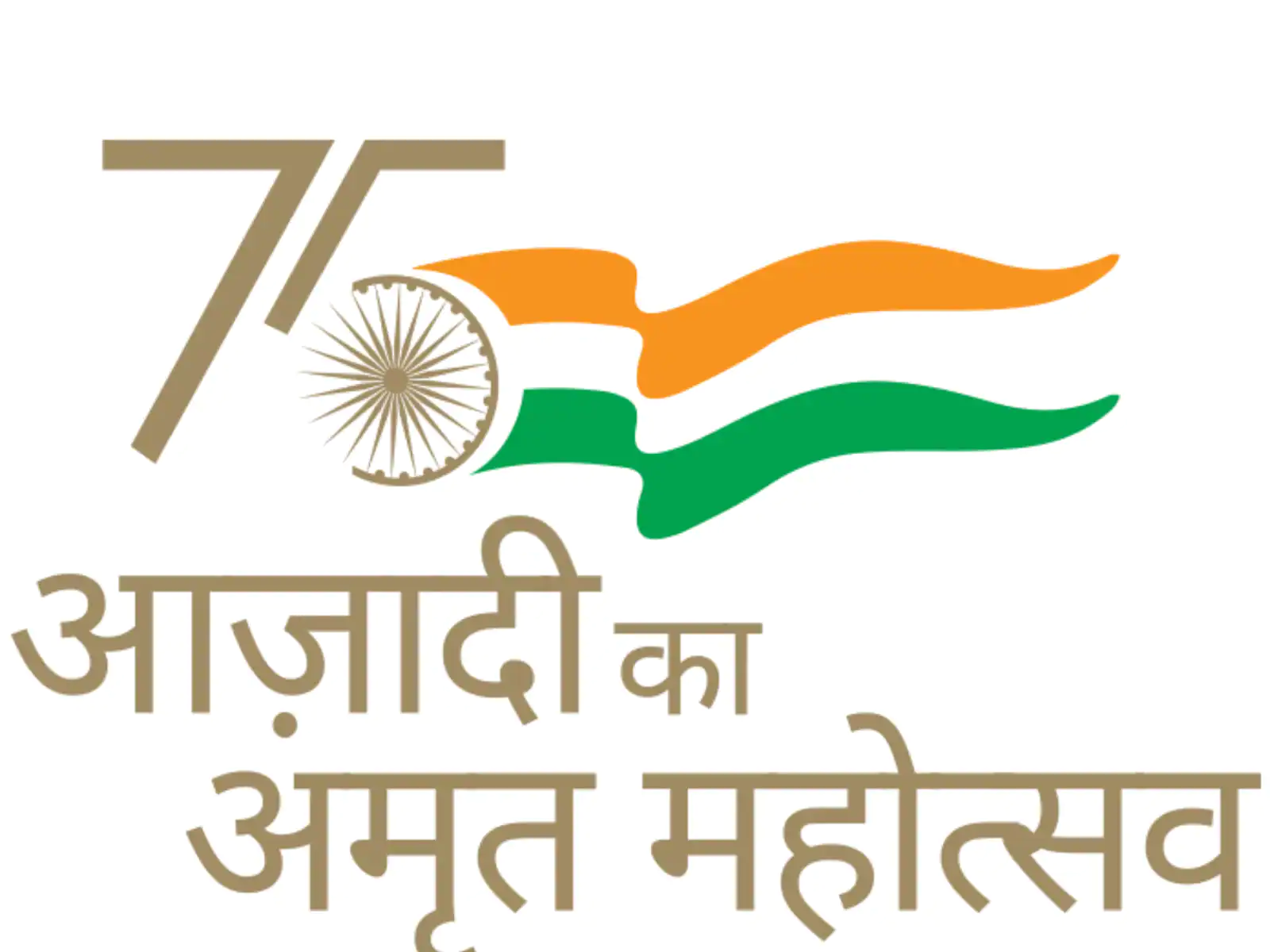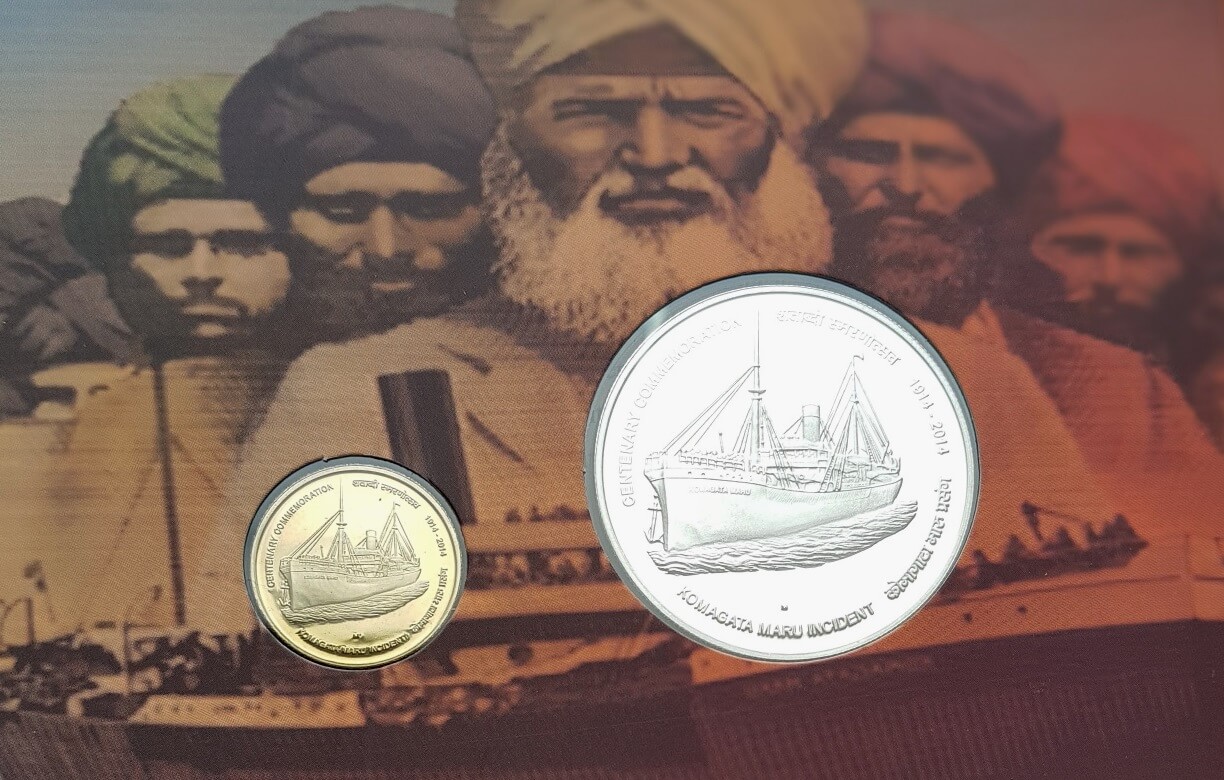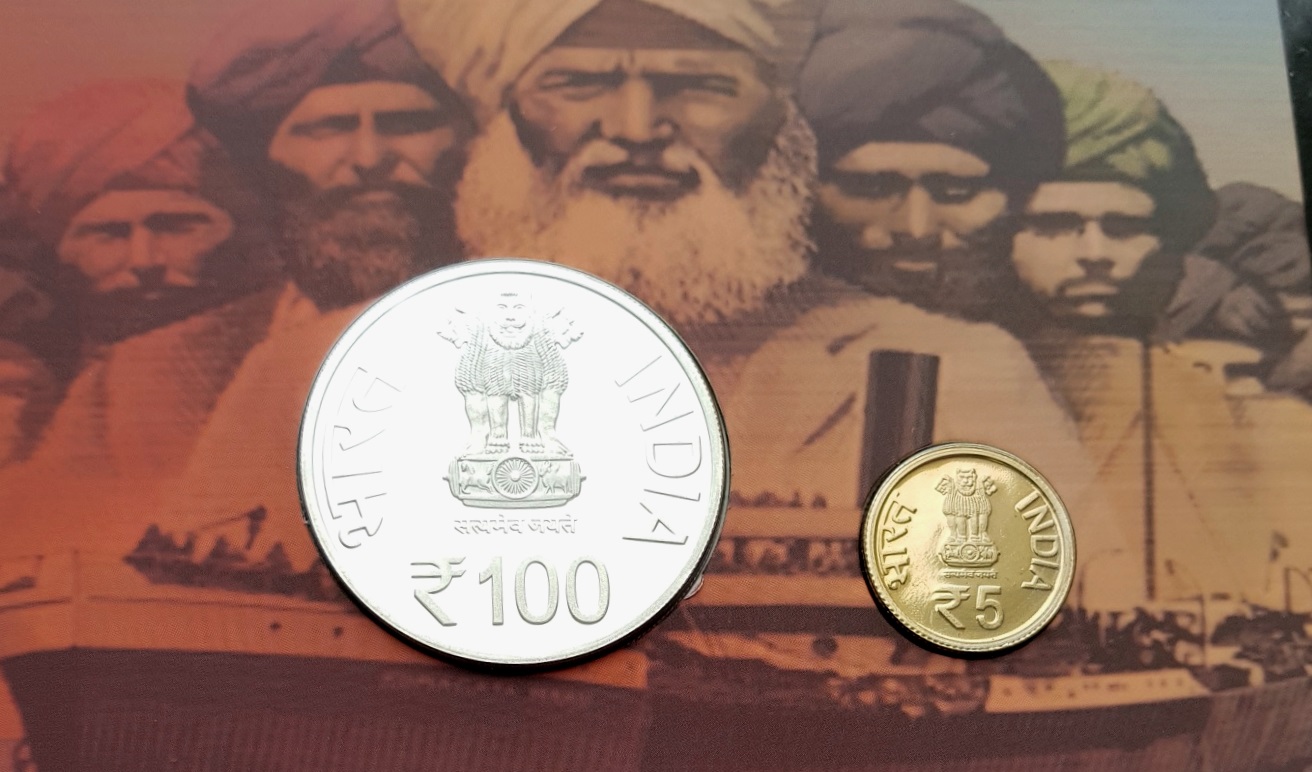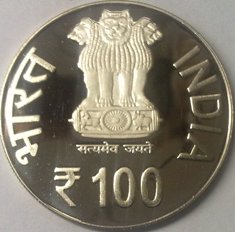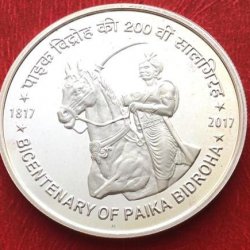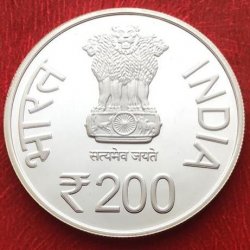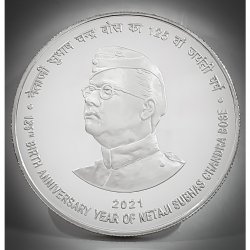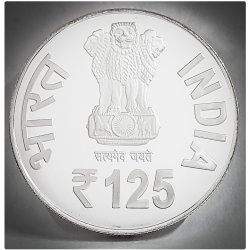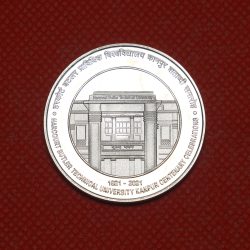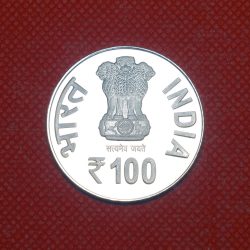On May 23, 1914, Komagata Maru, a Japanese steamer, carrying 376 passengers from Hong Kong, mostly being immigrants from Punjab, British India, arrived in Vancouver, Canada. It was denied docking by the Canadian authorities. Following a two months stalemate, the Ship was escorted out of the harbour by the Canadian military and forced to sail back to India. The Komagata Maru arrived in Calcutta in September, 1914. The British Imperial Government saw the men on Komagata Maru as dangerous political agitators. The police went aboard the ship on 29th September, 1914 to arrest Baba Gurdit Singh and other leaders. The arrest was resisted by the passengers, which led to police firing in which 19 passengers were killed. Baba Gurdit Singh escaped along with many others. The rest of the passengers were sent to Punjab. DENOMINATION OF THE COIN SHAPE, DIAMETER & No. OF SERRATION WEIGHT METAL COMPOSITION ONE HUNDRED RUPEES 1. CIRCULAR 2. DIAMETER – 44mm 3. SERRATIONS – 200 35.00 gms Quaternary Alloy Silver- 50 %, Copper – 40 %, Nickel- 05 % and Zinc- 05 % FIVE RUPEES 1. CIRCUALR 2. DIAMETER – 23mm 3. SERRATIONS – 100 6.00 gms Nickel Brass Copper – 75%, Zinc – 20% and Nickel – 5%
|
सिक्के का मूल्य वर्ग |
आकार और बाहरी व्यास |
मानक भार |
धातु संरचना |
|
ONE HUNDRED RUPEES |
CIRCULAR DIAMETER – 44mm SERRATIONS – 200 |
35.00 ग्राम |
चतुर्थक मिश्र धातु चाँदी – 50%, तांबा – 40% निकेल – 05% and जिंक - 05% |
|
FIVE RUPEES |
CIRCULAR DIAMETER – 23mm SERRATIONS – 100 |
6.00gms |
Nickel Brass Copper – 75%, Zinc – 20% and Nickel – 5% |

